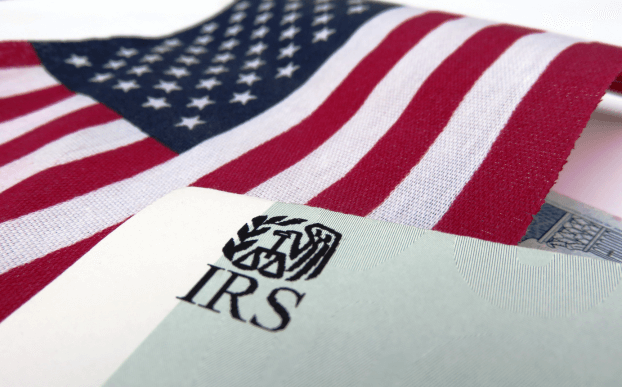IRS Announcement 1099-K Reporting
IRS ANNOUNCES DELAY IN 1099-K REPORTING IN 2023 AND PLANS A FUTURE PHASED-IN IMPLEMENTATION
The IRS announced and released Notice 2023-74 on November 21, 2023 (read their announcement here). This notice provided a further transition period for the requirement placed on third-party payers by the American Rescue Plan Act (ARP) of 2021. As you may remember, the ARP implemented a lower $600 Form 1099-K reporting threshold for third-party settlement organizations. The IRS announced last year that the 2022 year would be treated as a transition period, and did so again for this year.
Bottom Line: This means that, again, third-party reporting will only be required if the taxpayer receives over $20,000 and has more than 200 transactions in 2023.
Further changes are coming, though; the IRS has stated that they will use the additional time to continue to find ways to minimize the burden on taxpayers and make the transition as seamless as possible. Due to the significant change in future reporting, the IRS plans to implement a threshold of $5,000 for 2024 as part of a phase-in to the implementation of the $600 threshold. It is also important to note that it does not provide transition relief for provisions relating to payment card transactions (of which there is no threshold) or if there is any required backup withholding.
Taxpayers and tax professionals alike welcome this news. The $600 threshold can result in millions (the IRS estimate is 44 million) of unnecessary Forms 1099-K, potentially including personal transactions.
Background
Before 2012, Taxpayers providing goods or services worth more than $600 were responsible for issuing Form 1099-MISC. Form 1099-K was introduced in 2012 as a requirement for any reportable transactions defined as payment card (gift card, credit card, debit card) or third-party network transactions (PayPal, Venmo, etc.). For the last couple of years, the 1099-K was only required when those transactions totaled more than $20,000 and more than 200 transactions were settled through a third-party network. Through the ARP, Congress lowered the threshold for a 1099-K down to $600 to take effect for 2022. Due to the large implications, the IRS sought to provide transitional relief for taxpayers, which it did for 2022 and now 2023.
The Threshold DOES NOT change the Tax Impact.
The reporting requirement for third parties does not change the tax implications of the transaction, and clients are encouraged to speak to their trusted tax advisors to make these determinations. The 1099-K is merely information that the third party is required to furnish to the taxpayer and the IRS in an effort to encourage voluntary compliance with tax laws. The IRS notice itself states:
“Expanded information reporting, which will occur as the result of the change in thresholds for Form 1099-K, is important because it increases tax compliance and can reduce the burden on taxpayers seeking to follow the law. The IRS believes that expansion must be managed carefully to help ensure that Forms 1099-K are issued only to taxpayers who should receive them. In addition, taxpayers must understand what to do as a result of this reporting and that tax professionals and software providers have the information they need to assist taxpayers.”
The IRS reminded taxpayers that reporting requirements do not apply to personal transactions such as birthday or holiday gifts, sharing the cost of a car ride or meal, or paying a family member or another for a household bill. These payments are not taxable and should not be reported on Form 1099-K. However, the casual sale of goods and services, including selling used personal items like clothing, furniture, and other household items for a loss, could generate a Form 1099-K for many people, even if the seller has no tax liability from those sales. This can be confusing to taxpayers, and transactions in the course of business will be reportable on Form 1099-K if they reach the threshold.
While the result is good news for taxpayers and tax professionals, the delay is merely in the reporting obligation and not the individual taxpayer’s obligation. Taxpayers must always report any taxable income, whether paid in cash, credit, debit, ACH, or even cryptocurrency. It is important to have a trusted advisor to analyze and consult on how this may impact you, and if you do receive a 1099, it is important to report that correctly.

